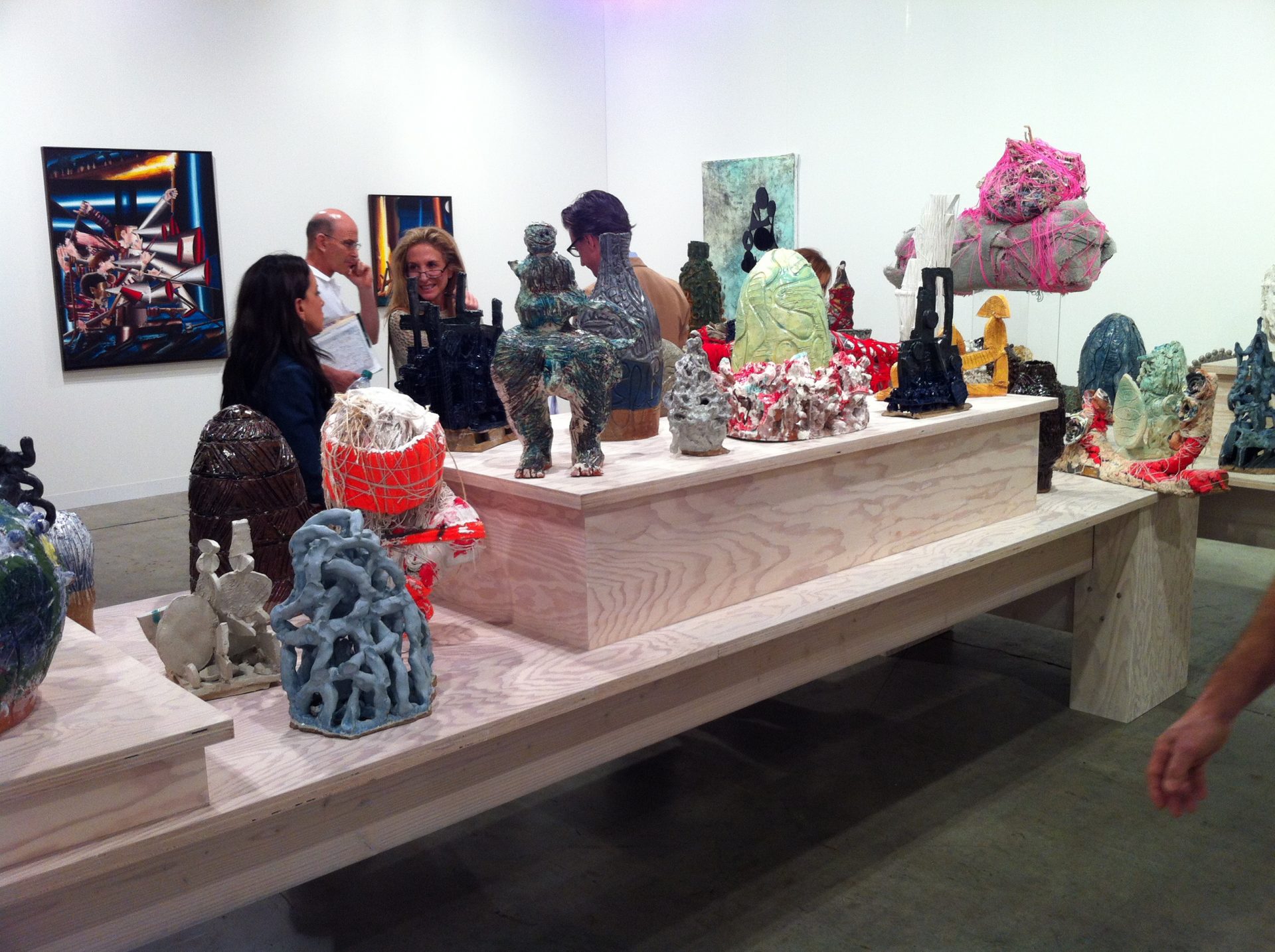Over the past year or so I have spent a good about of time dealing with various aspects and issues related to urban planning and design. It is a very contested field that battles with, and serves communities, government, and land developers. Still in the phase of building, we in Southeast (and Southwest) Florida are continually encroaching on the Everglades, Kissimmee River, Lake Okeechobee, and various fresh water sources that are a vital part of the local ecology. How many humans can this environment sustain, reasonably? Are we heading to find out?
How many times have you read something from me that mentions a walkable urban environment, a place where we can encounter other humans, not automobiles, on the street? Many.
Maybe you know nothing about Lagos, Nigeria. Although I have not been there myself, I do know people that have traveled back and forth from SF, LA, Chicago, NYC, to Lagos and have heard about various places with the city, and various private activities over the past twenty years or more. However, none of those people ever talked about Lagos from the perspective of architecture and urban planning. None of them. That’s not something they are familiar with.
Watching this movie was concept changing. I had never thought of Lagos in the way that Rem Koolhaas discusses this city. The city as a growing, self organizing body, doing what is best for its continued life. That aspect is not unusual for many cities, but for one with as much influence coming from the citizens as Lagos, that is what makes it unique.
Lagos / Koolhaas
Bregtje van der Haakby Karl Sharro
posted 4 August 2006Lagos/Koolhaas follows the renowned Dutch architect Rem Koolhaas over a period of two years as he moves around Nigeria’s capital Lagos, talking to people and familiarising himself with the city in his attempt to understand the nature of rapid urbanisation that is taking place in one of the fastest growing cities in the world. Koolhaas’s fascination with Lagos stems from the apparently unplanned nature of this growth, and the ability of the city to cope with the influx of people without visible mechanisms to deal with the outcomes of growth.
Koolhaas has always been an intriguing figure, who stands out among architects today. Presenting himself as a public intellectual involved in questions of politics and culture and a prolific author with a poetic turn of phrase, Koolhaas is as close to a Renaissance man as you can get in our times. After watching Lagos/Koolhaas however, it becomes clear to what extent Koolhaas has de-renaissanced (to coin a verb) our understanding of the role of the architect in society. Instead of the visionary pathfinder engaged in the shaping of the physical and social worlds, Koolhaas portrays the architect as someone breathlessly pursuing a reality that is moving too fast for his grasp, held transfixed and helpless in contemplating the world as a purely visual phenomenon.
Despite that self-proclaimed inability to control or shape the world, Koolhaas retains the power to make places and cultures relevant and worthy of our gaze. One of the outcomes of Koolhaas’s interest in a city like Lagos is that it offers the chance to see Africa not like Bob Geldof and Bono want us to see it, as a site of helplessness and an object of charity, but as a locus of dynamism and aspiration. The downside of this is that a place like Lagos becomes interesting and worthy of our own consideration only when someone like Koolhaas shows interest in it. In a sense, it takes someone like Koolhaas to make Lagos relevant, a sad reflection on our times.
The concept of usability in the urban context, making the environment function for physical and economic survival, is not in the hands of most US citizens in a direct way. In the US we would most likely work along the lines of voicing opinions at various land use hearings (if we could afford to take off work). Additionally, we would vote for (personally) favorable regulations to enact. Of course, that assumes some backroom negotiations haven’t taken place beforehand that undermines the process as we have determined is fair to most parties. A majority population on a low economic scale such as Lagos makes their decisions of survival not about aesthetic and ecological preservation. Poverty is not a theory, it is a reality. A reality that many say we are capable of changing, but then, they don’t live in Lagos, Nigeria.
